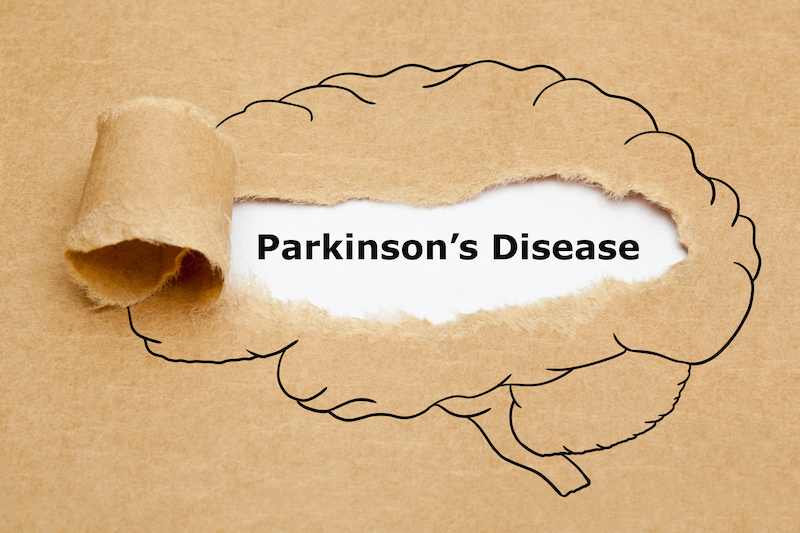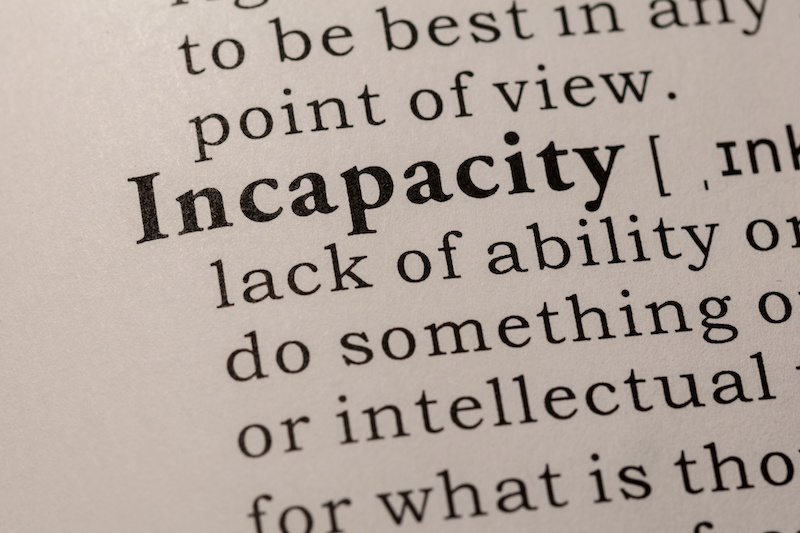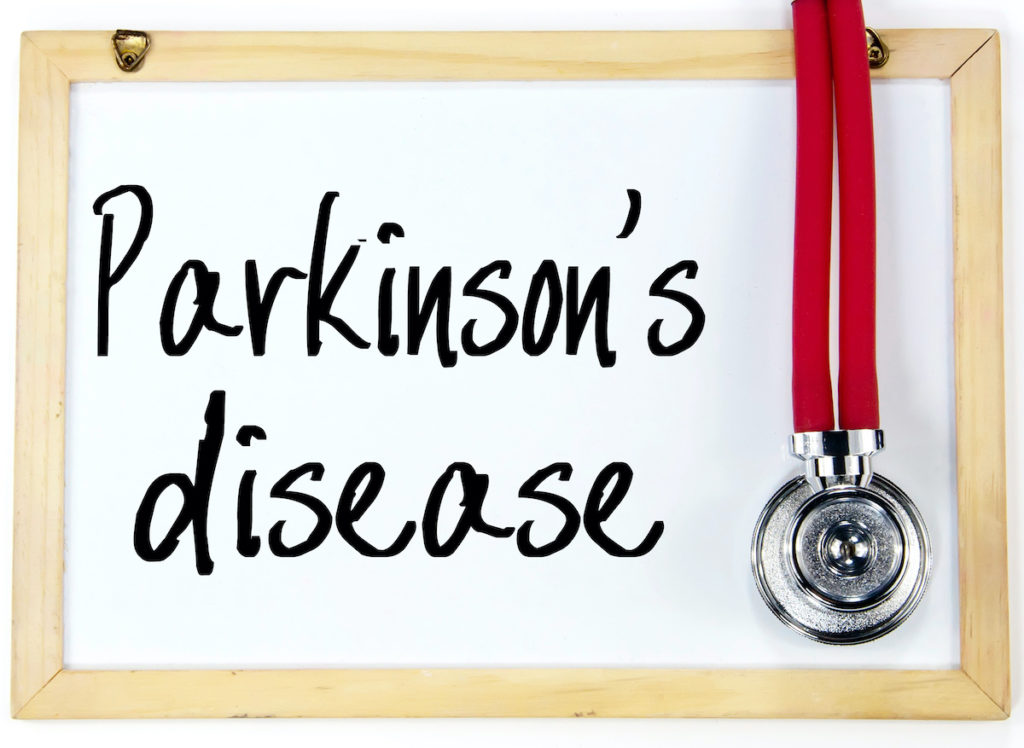 Parkinson’s Disease (PD) is a neurological disorder that affects movement. PD results from the loss of nerve cells in a part of the brain called the Substantia Nigra. These cells produce a chemical called dopamine, which helps control movement. When these cells die, the brain fails to produce enough dopamine. As a result, this leads to the symptoms of PD. The symptoms of PD vary from person to person. But they often include tremors, slowness of movement, stiffness, and difficulty with balance and coordination. PD can also affect speech, swallowing, and thinking. Although there is no cure for PD, some treatments help manage symptoms. These include medication, surgery, and physical therapy.
Parkinson’s Disease (PD) is a neurological disorder that affects movement. PD results from the loss of nerve cells in a part of the brain called the Substantia Nigra. These cells produce a chemical called dopamine, which helps control movement. When these cells die, the brain fails to produce enough dopamine. As a result, this leads to the symptoms of PD. The symptoms of PD vary from person to person. But they often include tremors, slowness of movement, stiffness, and difficulty with balance and coordination. PD can also affect speech, swallowing, and thinking. Although there is no cure for PD, some treatments help manage symptoms. These include medication, surgery, and physical therapy.
Living with Parkinson’s Disease
Living with PD can be challenging. But it is important to remember that you are not alone. Many resources help patients cope with the disease and live a full life. One of the most important things you can do is to stay informed about PD. There are many books, websites, and support groups available that can provide you with information about the disease and treatments. It is also important to stay active. Exercise can help to improve your symptoms and reduce your risk of complications. Talk to your doctor about what type of exercise is right for you. You may also want to consider joining a support group. Support groups can provide you with emotional support and practical advice from other people who are living with PD.
Care Planning
 A care plan should be established for the person who has been diagnosed with Parkinson’s disease. The care plan will vary depending on the individual’s needs. However, the interventions listed are common and can be helpful in managing the symptoms of Parkinson’s disease. It is important to note that this is just a sample care plan. The specific care plan for a person with Parkinson’s disease will need to be tailored to the individual’s needs. If you are caring for a person with Parkinson’s disease, it is important to work with their doctor and other healthcare professionals to develop a care plan that is right for them.
A care plan should be established for the person who has been diagnosed with Parkinson’s disease. The care plan will vary depending on the individual’s needs. However, the interventions listed are common and can be helpful in managing the symptoms of Parkinson’s disease. It is important to note that this is just a sample care plan. The specific care plan for a person with Parkinson’s disease will need to be tailored to the individual’s needs. If you are caring for a person with Parkinson’s disease, it is important to work with their doctor and other healthcare professionals to develop a care plan that is right for them.
Parkinson’s Disease Estate Planning
If you have been diagnosed with Parkinson’s disease, create an estate plan. An estate plan is a legal document that outlines your wishes for your property and assets after your death. It can also appoint someone to make financial and health care decisions on your behalf if you become incapacitated.
Creating an Estate Plan When You Have Parkinson’s Disease
There are several different estate planning documents that you will need to create, depending on your individual circumstances. Some of the most common estate planning documents include:
Revocable Living Trust (RLT)
 A revocable living trust is a legal entity that can be used to hold your property and assets. Trusts can be used to avoid probate, provide for your loved ones, and protect your assets from recoupment by Medi-Cal.
A revocable living trust is a legal entity that can be used to hold your property and assets. Trusts can be used to avoid probate, provide for your loved ones, and protect your assets from recoupment by Medi-Cal.
Financial Durable Power of Attorney
The financial power of attorney is a legal document that gives someone else the authority to make financial decisions on your behalf if you become incapacitated.
Health Care Directive To Physicians
A health care directive to physicians is a legal document that states your wishes for your medical care if you become unable to make decisions for yourself.
To read Michael J. Young’s complete guide, click here.
About Walnut Creek Elder Law in Walnut Creek, California
Michael J. Young is an experienced elder law, estate planning and asset protection planning attorney in Walnut Creek, CA. Mr. Young advises his clients regarding their estate planning needs with an emphasis on asset protection, Medi-Cal qualification, and preservation of assets for various levels of their care as they get older. Mr. Young’s journey into elder law began when his mother suffered from an acute injury that required her to be in a skilled nursing facility. He is co-author of the book, Don’t Go Broke in A Nursing Home and is the author of the “Alzheimer’s Legal Survival Guide.” Mr. Young presents monthly workshops in Walnut Creek regarding estate planning, asset protection, and Medi-Cal planning. He has helped many clients over the years successfully qualify for Medi-Cal and has protected their assets from state recovery. Call today to schedule a consultation (925) 256-0298.


